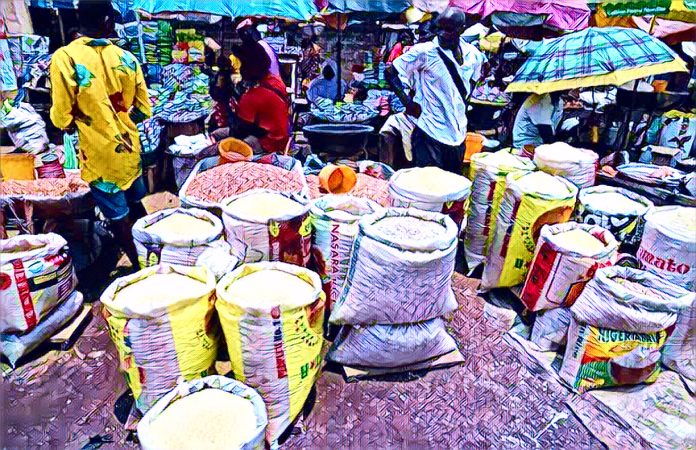Despite the recent strengthening of Nigeria’s currency, the Naira, against the US dollar, many households across the country continue to grapple with food insecurity, highlighting deeper economic challenges. While a stronger Naira typically implies improved purchasing power for consumers, the reality on the ground tells a different story.
The Nigerian economy has experienced significant fluctuations in recent years, with factors such as oil prices, government policies, and global economic trends impacting the value of the Naira. In 2024, the Naira saw a temporary uptick in value against the dollar, offering a glimmer of hope for Nigerians burdened by inflation and high food prices.
However, the benefits of a stronger currency have not translated into tangible relief for ordinary citizens struggling to afford basic necessities. Food prices remain stubbornly high, fueled by factors such as supply chain disruptions, insecurity in farming regions, and the lingering effects of the COVID-19 pandemic.
Rising inflation, coupled with stagnant wages and dwindling purchasing power, has exacerbated food insecurity for millions of Nigerians, particularly those living in poverty or on the margins of society. Despite efforts by the government to implement agricultural reforms and boost domestic food production, the gap between supply and demand persists, driving prices upwards and squeezing household budgets.
In urban centers like Lagos, Abuja, and Port Harcourt, families are forced to make difficult choices between buying food, paying rent, and meeting other essential expenses. The inability to afford nutritious meals has serious implications for public health, with malnutrition and hunger posing long-term risks to individuals and communities.
The failure of a stronger Naira to alleviate food insecurity underscores the need for comprehensive economic reforms that address structural issues such as unemployment, infrastructure deficiencies, and over-reliance on oil revenues. Sustainable solutions require a multi-faceted approach that prioritizes investment in agriculture, job creation, and social safety nets to support the most vulnerable segments of society.
As Nigerians grapple with the harsh realities of food insecurity, there is a pressing need for collective action and solidarity to address the root causes of poverty and inequality. While the road ahead may be challenging, there is hope that concerted efforts by government, civil society, and the private sector can lead to a brighter and more prosperous future for all Nigerians.
Source: BusinessDay



